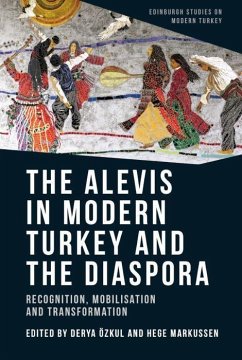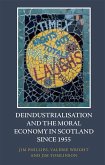Investigates the Alevis' struggles for recognition in Turkey and the diaspora and transformations in authority and traditional rituals This book explores the struggles of a minority group - Alevis - for recognition and representation in Turkey and the diaspora. It examines how they mobilise against state practices and claim their rights, while at the same time negotiating how they define themselves. The authors offers a conceptual framework to study minorities by looking at both structural and agency-related factors in resisting state pressure and mobilising for their rights. The Alevis in Modern Turkey and the Diaspora is divided into three main sections looking into: the Turkish state and society's pressures over Alevis; how Alevis struggle and obtain representation in various Western countries; and how traditional authority and rituals transform under these conditions. Studying this minority group's experience helps to understand oppression and resistance in the broader Middle East. Key Features 14 detailed case studies provide insights into the struggles for recognition and representation by Alevi communities in Turkey and the diaspora under the AKP administration Demonstrates how the struggles for recognition transform and re-define traditions, authorities and rituals Examines how diverse understandings of Alevi identities interplay with standardised representations of Alevism Opens up the study of the recognition of minorities as local, national and transnational processes Derya Özkul is a Research Officer at the Refugee Studies Centre, University of Oxford. Hege Markussen is a Researcher in History of Religions at the Centre for Theology and Religious Studies, Lund University.
Hinweis: Dieser Artikel kann nur an eine deutsche Lieferadresse ausgeliefert werden.
Hinweis: Dieser Artikel kann nur an eine deutsche Lieferadresse ausgeliefert werden.








